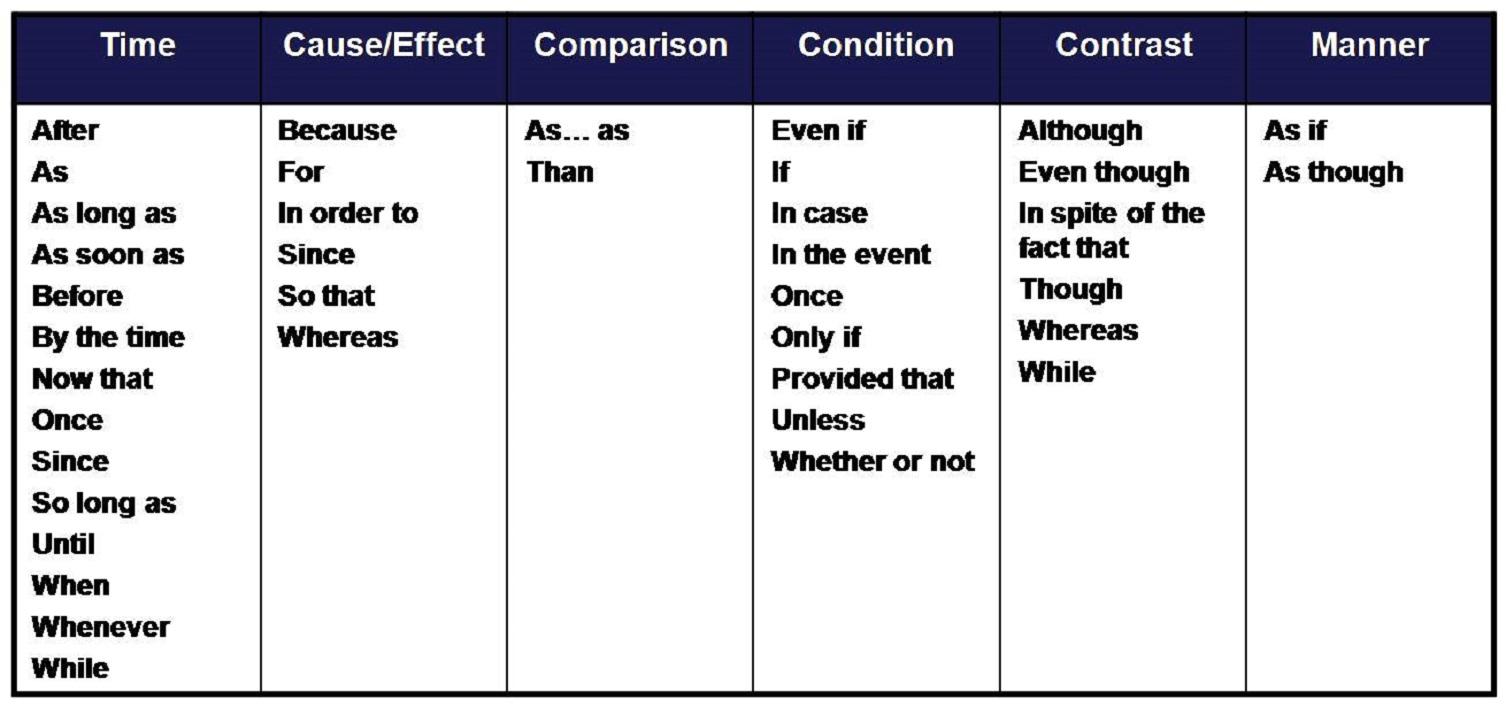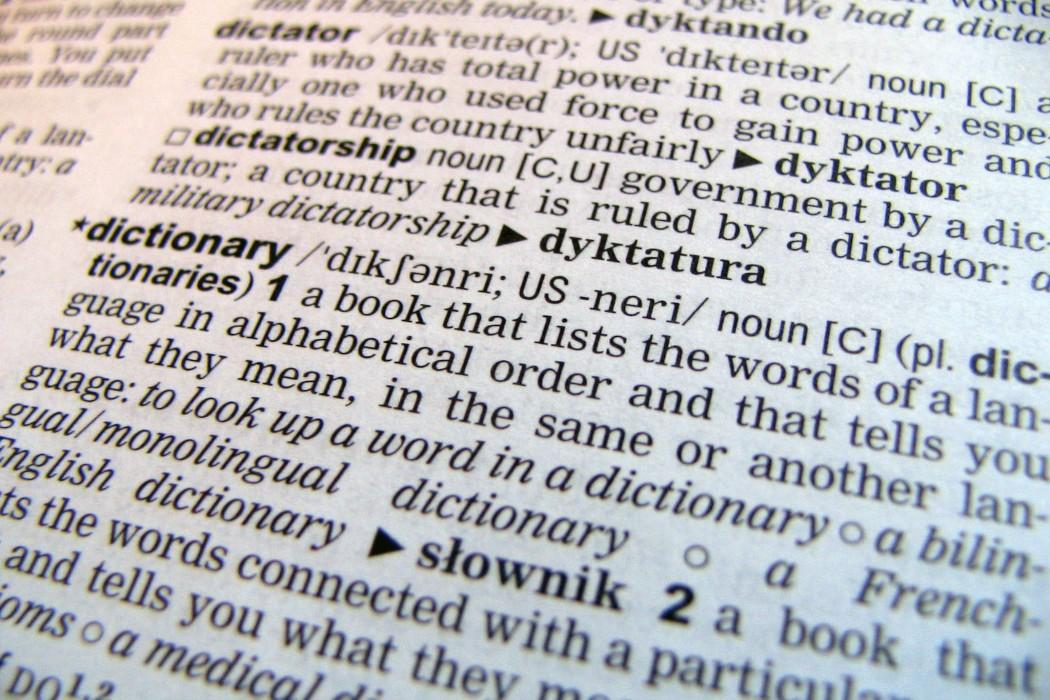English is taught in most schools around the world in either primary or secondary schools or both. Focus areas may vary between countries — grammar, writing skills, conversation — but you can generally assume it will be at a low level as it's English as a second language. Usually, for students, a low level also equates to classes being boring.
In an ideal world, students would be engaged by teaching methods that allowed them to learn English naturally, in a way that mimics real life. Sadly, the reality is, most lessons involve rote learning and repetition of conjugations and unnatural expressions.
What can you do if you want to improve your English with a focus on your writing skills?
Here are some of our favourite approaches and while this list is by no means comprehensive, you'll find some excellent ways to improve your English writing skills!

Study the Types of Writing in English-Language Newspapers
Reading and writing go hand-in-hand. Even when you only have a basic level of English, reading a newspaper is a great way to learn English. Reading newspapers can be an effective, and easy, way of supplementing the content in your ESL classes, and improving your writing skills.
Fortunately, not every newspaper is written using complex and flowery language so you should be able to find papers and publications that are better suited to your level and help you to improve your English writing skills.
How will it help?
In a newspaper, you will find multiple writing styles, from journalistic, persuasive and business writing to creative writing. Newspapers are written for a native English-speaking audience, so the vocabulary will be current and rich, sentence structure will be varied and you will find a wide range of natural English expressions used in context. Comprehending what is written may be challenging, but you might as well try — especially if you are serious about learning to write well.
Here is where you can get the best english lessons in Newcastle

You don't need to start straight away with heavy business or political news, there are plenty of newspapers with simpler stories. In fact, there are even a number of newspapers and magazines designed for English learners, with simplified news, more basic writing, or even bilingual articles.
It is a good idea to look for lighter topics at first, to allow you to become accustomed to different writing styles. Read and reread articles you are interested in — try celebrity gossip magazines, sports articles, lifestyle magazines or movie/book reviews. The important thing is readability — you want to gain confidence with simpler vocabulary and less complex paragraph structure before you move on to more complex stories.
A hard copy is always nice to read, but you can find most newspapers and magazine features online. There is no limit to the varied types of English writing, subjects and stories you will have access to and with a little bit of investigation on your part, this is a great way to use online resources to learn English.
It's important that you also understand the underlying purpose of what you're reading. Almost every newspaper has an angle and it's a good idea to check the reputation and leanings of any newspaper you read as it can help provide context to everything you're reading. This can also help you learn how to improve your English writing in different situations, too.
This is also an excellent way to improve your English writing because it's mostly free. Newspapers (or at least some of the articles) are also available online. You may have to pay for some, but most aren't very expensive at all.
Learn English by Reading Novels
You probably didn't enjoy reading the texts your teacher chose when you were studying English at school — but that doesn't mean you won't enjoy reading the English-language books you have chosen. Pick a genre you love, don't rush, and immerse yourself in another world, all while improving your knowledge of English and your writing skills.
More often than not, the books you read in school have the difficult task of being educational, fairly safe (schools don't want parents angry at what their children are reading), and of a broad enough appeal that almost every student in the might be able to enjoy it.
It's an impossible task to find books that everybody in a single class will enjoy so if you haven't enjoyed reading English in the past, it's probably down to the book you chose.
How can you improve your writing skills just by reading a book in English?
There is so much more to reading than just the story. Immersing yourself in a well-written book is a fabulous way to pick up all sorts of writing tips and tricks — English spelling and grammar, use of punctuation, and sentence structure, not to mention the new vocabulary and expressions you'll find.
Don't worry if you're only at an English for beginners level either. A quick search will show you there are numerous bilingual books available. Or, try reading a book you have already read. Doing this will allow you to concentrate on the language because you won't have to focus on the storyline.
The magical world of language and books is rarely discovered during school-based English lessons. JK Rowling opened up this world in a huge way with Harry Potter — it was a worldwide phenomenon that inspired a whole new love of reading in multiple generations. In fact, many people couldn't wait for the translations to be published and set about reading the next book in the series in English. What a fabulous way to learn!
It's not a problem if you've already read these books, too. There's no reason you can't pick them back up and read them again in English. The same is true for any book you've already tackled in a different language. For one, you're less likely to get lost or confused as you'll have some understanding of the story already and you'll have a reference and be able to almost immediately understand what new vocabulary is referring to.
Check out this English speaking course.
Improve your English by Watching Movies and TV series
Who doesn't enjoy sitting back for a few hours to watch an entertaining movie or TV show? Even better if you can learn and improve your English while you're having fun! Platforms like YouTube streaming and Netflix can bring almost any show you desire right to you.
English-language TV series and movies are available anywhere, so it is easy to find something you can both enjoy and improve your skills with. Watch a show or movie you're familiar with, without any subtitles, or find versions with subtitles in your language to support your understanding. Don't bother with the dubbed versions though — how will they help your English?
Over time, you'll discover your pronunciation and comprehension will improve, and you might even want to try reading subtitles in English so you can see word choice and sentence structure in action.
While the way we speak and the way we write isn't exactly the same, you might notice that it's quite common in English for the two to be similar. Some languages have very clear rules when it comes to the written form and the spoken form, but English, as you probably already know, is actually quite relaxed in certain situations, which means you can almost write how you'd speak.
While you couldn't take the language used in certain films for an academic essay, for example, there's no reason that your writing in more casual settings couldn't be more like an everyday conversation.

Use Linking Words to take your English Writing to the Next Level
In written English, it is important to be able to clearly and succinctly convey your thoughts using the right words.
Good writing uses a mix of sentence structures. There are simple sentences. Simple sentences are okay but you should also try to write more complex sentences, which involve the use of English linking words, in order to make your writing sound more interesting.
Written English tends to be more formal than spoken English. You need to be more aware of grammar rules, stay away from slang words and jargon and include richer vocabulary, phrases and structures. Again, this is the trend, but it isn't the case in every situation and you can sometimes still write in the same way you'd speak.
You can discover how to find the most effective english lessons in Geelong here.

You need more than good communication skills to start writing articles for The Guardian or The Australian. Most important is fluency in spoken English and a good command of general reading and writing skills. Both of these include an active understanding of linking words.
If you want to be considered fluent, you have to know and use these words. Useful linking words include: because, whereas, once, therefore, in addition to ... and so on.
You will likely have covered these in your English classes — so pull out your notes and start revising them. Don't forget that you'll become more familiar with these by regularly reading novels and newspapers.
Before long, your memory will kick in and the words will flow again. You might want to give yourself a short English quiz, testing your written communication, just to be sure.
It's also a good idea to keep a dictionary or a thesaurus handy so that you can refer to synonyms. That said, these can be hefty books and if you're writing on a computer, you can quite easily find websites to do the job or even do a quick synonym search by using Google or your search engine of choice.
While you can study these words (and you should!), you'll also pick them up naturally if you continue to read a broad variety of English-language media and materials.
Move Beyond that 'English For Beginners' Level by Expanding your Vocabulary
Using words and expressions you are confident with is less intimidating, but it won't help improve your English writing. It also means your writing won't be particularly interesting to read. Variety is key to keeping readers hooked.
What should you do? The obvious answer is to dedicate time to add increasing your English vocabulary. The more words you know, the better your written communication will be.

One very effective way to do this is to make yourself a list of ten or so new words and practice them. You choose how many words to add to your list — just make sure you practice them every day. You don't need to set aside a big block of time for this either. Practice your words while you're waiting for the bus or making your lunch.
One of the best ways to do this is by populating your list with words you don't understand or have had to look up while you've been reading. If you don't understand a word, it's probably a good word to study as it's new to you. By doing this, you may see the same words a few times, but as you learn the words, they'll no longer need to be put on your list of words to study.
The other thing you should do is revise! Every day, go over vocabulary from previous days, particularly anything you found tricky. The more you practice, the more you'll remember.
These two tasks are not difficult or time-consuming, and your vocabulary is guaranteed to improve. There are plenty of ways to study a language and improve your vocabulary and if you get into the habit of doing this, you'll actually find you have plenty of opportunities throughout the day to do it.
Don't forget to take breaks, too. You can sometimes learn more by trying to learn less. If you overdo it, you'll find that the hours you spent studying were a waste of time because you didn't learn anything. It's better to maintain a good rhythm to your study rather than infrequently spending hours trying to cram new vocabulary into your brain.
Make sure you have a consistent schedule and routine when it comes to studying. You want your routine to be something sustainable because falling out of the habit is the worst thing you can do for your language learning and improving your English writing skills.
Make Yourself Write in English
It's so much easier and less stressful to make yourself do something if you know it's for your benefit. Whether improving your writing skills is a personal or professional goal, if it's important to you, you'll find ways to make it happen. Check out superprof.com.au for a few ideas to get you started.
Getting in there and having a go is the only way you're going to learn. Be a hard taskmaster and make yourself write in English.
English writing and speaking are completely different skill sets. Writing needs to be more concise, grammatically and structurally correct and coherent.
It may seem daunting, but so is any new skill the first time you try. The most important thing is to grab your pen or open up your laptop and begin writing.
Making errors is the best way to learn — and you will make mistakes with your writing. You might discover you need help with your vocabulary or you have an abundance of grammatical errors or your linking words are wrong — but you'll never know this until you give it a go.
Don't forget that there are lots of different ways to write and you'll improve your English writing skills by adding variety to your training. Start with shorter writing tasks and go from there. Simple things like a text message, a postcard to a friend, a summary of a news story, or taking notes about something are all good places to start.
After that, you can move on to more complicated and longer writing tasks. Consider writing a short article, a poem, or an email to a friend or colleague. You don't have to publish or send any of these things, but if you have English-speaking friends who can correct them for you, that's even better!
You'll make more improvements by constantly challenging yourself. It can be comforting to always do the tasks you like or find easy, but the only way you'll really improve is by challenging yourself and making yourself do writing tasks that you don't particularly like.
Use Dictionaries to Get on Top of your Spelling
Everyone relies too much on auto-correct, even native speakers. People simply can't spell because they don't need to.
Sure, schools teach spelling, but once we graduate, auto-correct takes over and we get lazy. The thing is, potential employers will look at your spelling when you're applying for a job. If the only difference between you and another applicant is spelling — who do you think will get the job?

The most important thing to do when you're working on improving your writing in English is to learn how to spell every new word you're planning to use. How do you do this? Scroll back up to the top of this article — immersing yourself in the written word, by reading newspapers, books, watching English movies with subtitles and websites, is the best way to improve your spelling.
In addition, don't forget to get yourself a great dictionary. Try online dictionaries, or you might find a bilingual dictionary is what you need. No two dictionaries are the same and it can also be useful to look for parallel translations. This is where you can see terms being used in context in order to gain a better understanding of how words are actually used. For example, Linguee can be used to search for translations in context as most words can have multiple meanings and you have to make sure every word you use in your writing is in the right context!
Remember to test yourself. Try some fun quizzes and questionnaires if you only want something informal. Alternatively, you may wish to get yourself a formal grading with official exams, like IELTS or TOEFL, to make sure you really understand the writing process.
Summarise with AI:















